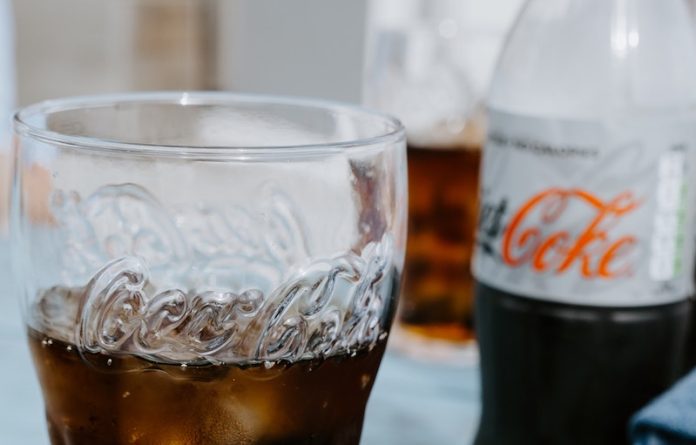
Scientists from Sorbonne Paris Nord University and elsewhere found that artificial sweeteners in foods and beverages are linked to higher cancer risk.
The research was published in PLOS Medicine and conducted by Charlotte Debras et al.
Artificial sweeteners can offer the taste of sweetness without any calories. They seem to be one answer to effective weight loss.
The food industry uses artificial sweeteners in many foods and beverages as alternatives to added sugars.
The American Heart Association (AHA) and American Diabetes Association (ADA) have given a cautious nod to the use of artificial sweeteners in place of sugar to combat obesity, metabolic syndrome, and diabetes, all risk factors for heart disease.
However, the safety of these food additives is unclear with conflicting findings regarding their role in various diseases, including cancer.
In the current study, researchers aimed to examine the associations between artificial sweetener intakes (total from all dietary sources, and most frequently consumed ones: aspartame, acesulfame-K, and sucralose) and cancer risk.
Aspartame is an intense sweetener added to low-energy or sugar-free foods. It is used in foods including yogurt, confectionery, and carbonated beverages.
Acesulfame potassium is a calorie-free sweetener with a sour reputation. It can be found in many different foods.
Sucralose is a zero-calorie artificial sweetener, and Splenda is the most common sucralose-based product.
They analyzed data from more than 102,000 adults in the French population-based cohort NutriNet-Santé.
These people’s dietary intakes of sweeteners were obtained by repeated 24-hour dietary records.
The researchers found that compared to non-consumers, higher consumers of total artificial sweeteners had a higher risk of overall cancer.
In particular, aspartame and acesulfame-K were linked to increased cancer risk.
Higher risks were also found for breast cancer and obesity-related cancers for people who consume artificial sweeteners generally and aspartame.
The team suggests that artificial sweeteners (especially aspartame and acesulfame-K), which are used in many food and beverage brands worldwide, are linked to increased cancer risk.
These findings provide important information for the ongoing re-evaluation of food additive sweeteners by the European Food Safety Authority and other health agencies globally.
If you care about cancer, please read studies about how drinking milk affects the risks of heart disease and cancer, and drinking diet soda is linked to lower colon cancer risk.
For more information about nutrition, please see recent studies about eating fish linked to a higher risk of skin cancer, and results showing these antioxidants could help reduce the dementia risk.
Copyright © 2022 Scientific Diet. All rights reserved.








